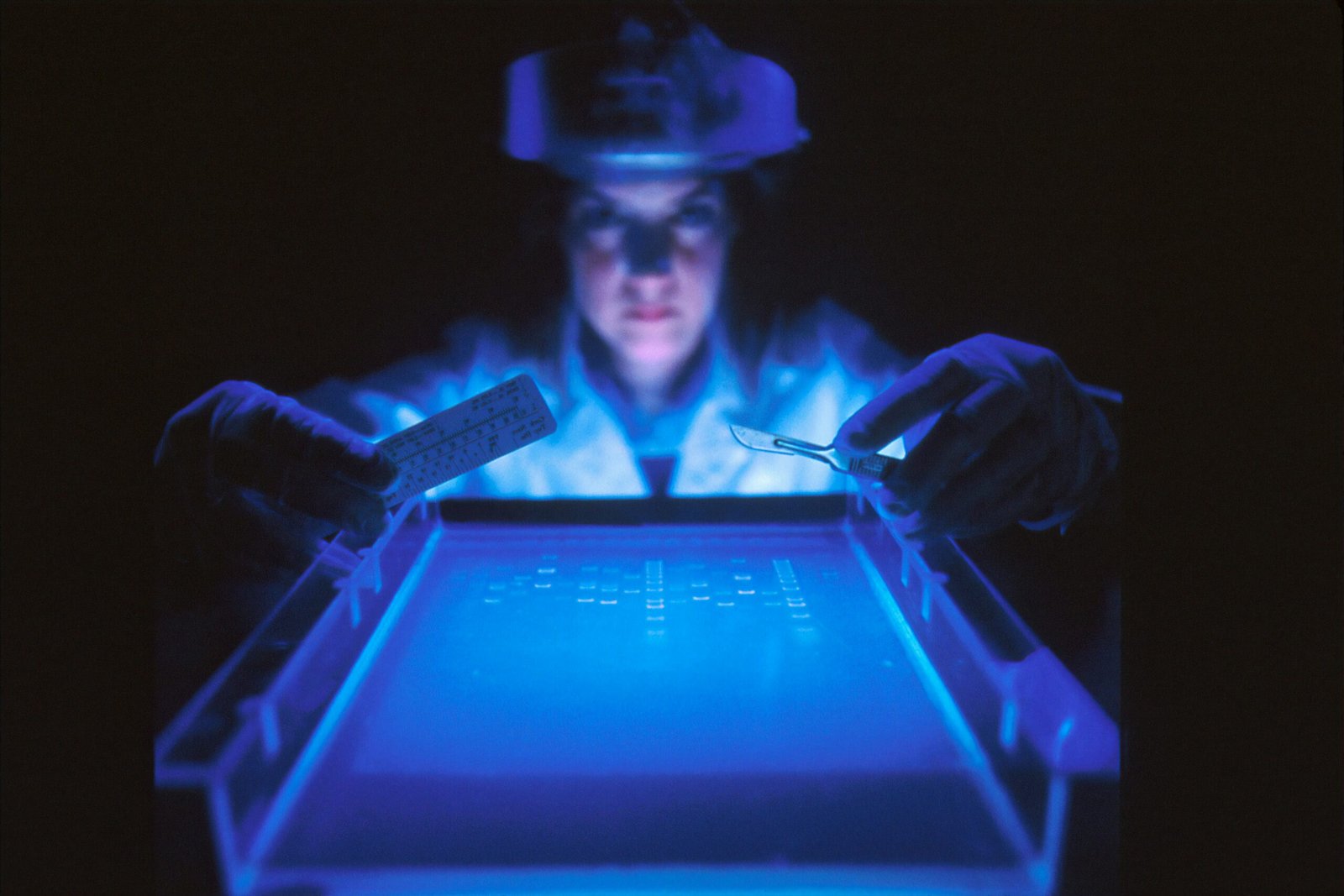
Social-emotional learning in education is an approach that focuses on developing students’ emotional intelligence and interpersonal skills. By incorporating SEL into the curriculum, schools can create a supportive learning environment that enhances both academic achievement and personal growth.
1. Enhancing Emotional Regulation:
SEL programs help students manage their emotions and respond to challenges in a constructive manner. By learning strategies for emotional regulation, students are better equipped to handle stress and setbacks, leading to improved focus and performance in the classroom.
2. Improving Interpersonal Skills:
SEL fosters skills such as empathy, communication, and cooperation. These interpersonal skills are crucial for building positive relationships with peers and teachers. Students who excel in these areas are more likely to collaborate effectively, resolve conflicts amicably, and contribute to a harmonious classroom environment.
3. Boosting Self-Esteem and Motivation:
SEL helps students develop self-awareness and self-confidence. By understanding their strengths and areas for growth, students are more motivated to set and achieve academic goals. Increased self-esteem also contributes to a positive attitude toward learning and school.
4. Promoting Positive Behavior:
SEL programs encourage positive behavior by teaching students to recognize and manage their impulses, make ethical decisions, and take responsibility for their actions. This leads to fewer behavioral issues and a more conducive learning environment.
5. Supporting Academic Achievement:
Research shows that SEL programs can lead to better academic outcomes. Students who develop strong social-emotional skills are more engaged in their learning, have better attendance, and perform better on assessments. SEL supports academic achievement by creating a foundation of emotional and social competence.
Conclusion:
Social-Emotional Learning is a powerful tool for enhancing academic achievement and personal development. By focusing on emotional regulation, interpersonal skills, self-esteem, positive behavior, and academic success, SEL programs create a supportive environment where students can thrive. Integrating SEL into the educational framework prepares students for success both in and out of the classroom.


